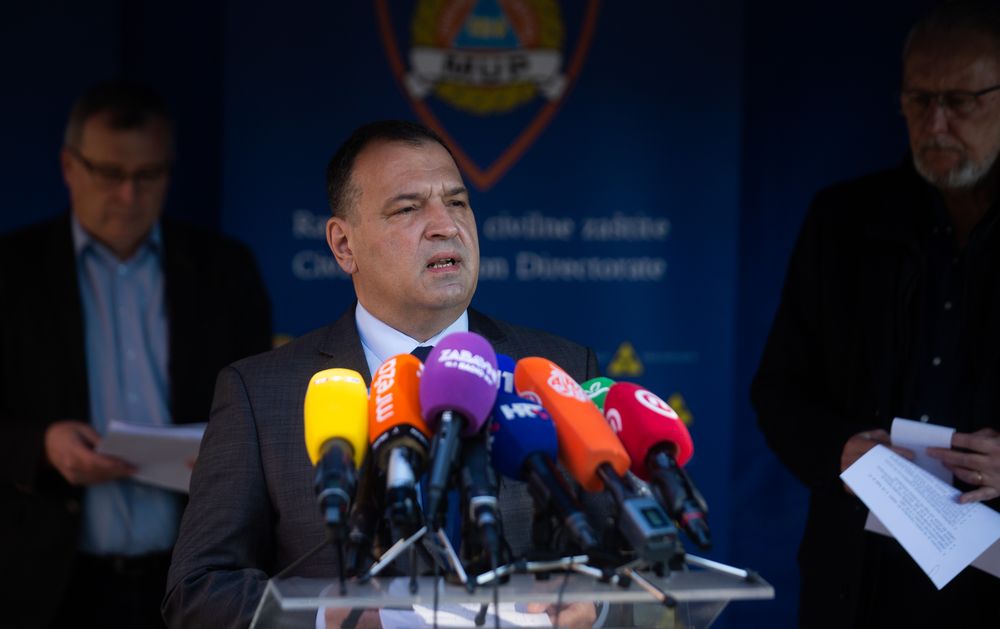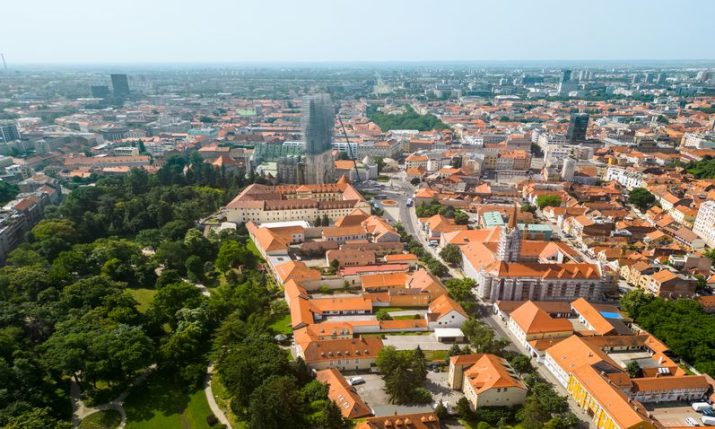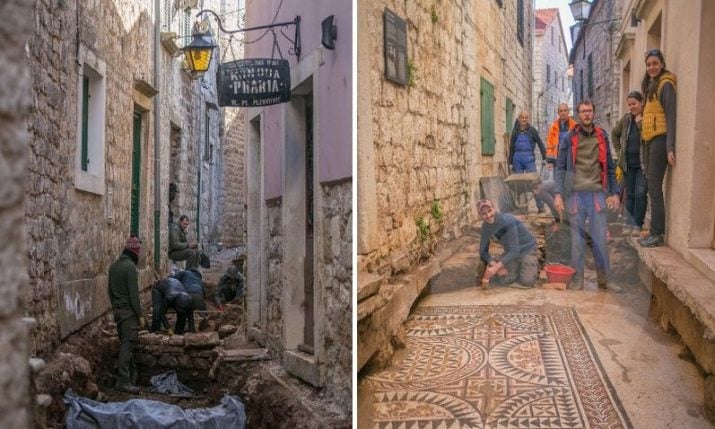Croatia confirms 56 new Covid-19 cases in last 24 hours: ‘Quarantine not necessary’
- by croatiaweek
- in News

Vili Beros (Photo: HINA/ Daniel KASAP)
ZAGREB, June 26, 2020 (Hina/CW) – There were 56 new COVID-19 cases reported in Croatia in the last 24 hours, bringing the total number of cases to 2,539, the national crisis management team said at a press conference on Friday.
The new cases were reported in Osijek-Baranja (12), Grad Zagreb (23), Zagreb (5), Zadar (2), Primorje-Gorski Kotar (5), Split-Dalmatia (5), Koprivinca-Krizevci (2), Brod-Posavina (1), and Varazdin (1) counties.
There were no new COVID-19-related fatalities reported in the last 24 hours. The current death toll still stands at 107. There have been 2,150 recoveries to date, one more than yesterday.
Currently, there are 282 active cases in Croatia. There are 51 people in hospital with no patients currently on a ventilator.
Since late February, Croatia has conducted 75,437 tests, including 780 in the last 24 hours.
Health Council: Quarantine not necessary
The Croatian government’s Health Council agreed at a meeting on Friday that in the present situation of an increasing number of new coronavirus cases it was not necessary to impose a quarantine but to monitor developments and increase self-discipline, the prime minister’s chief of staff, Zvonimir Frka-Petesic, said.
Speaking to reporters after the meeting, he said that specialists presented a multidisciplinary overview of the present epidemiological situation in the world and an analysis of Croatia’s strategy in fighting the virus.
It was noted that the share of hospitalised cases in Croatia was now twice as low as in the first wave. Currently, about 18 percent of infected people are receiving hospital treatment compared with 37 percent in the period to June 1.
There are no serious cases at the moment, but that does not mean that there will not be any, which is why people should exercise caution and observe physical distancing and hygienic measures, Frka Petesic said.
“If we all adhere to the measures, then we can carry on with economic activities and tourism. It is important now to start preparing for the autumn when the situation is expected to get worse, and to monitor the present situation and keep it under control,” he added.
Speaking of tourists, he said that about 260,000 tourists were currently vacationing in Croatia and the reported cases of the infection did not come from EU countries but from Croatians who returned from Serbia and Bosnia and Herzegovina.
“That’s the bulk of these cases that caused the increase in the number of infections. There is still no connection between the number of tourists and the spike in the epidemic,” Frka-Petesic stressed.
We can’t have a lockdown and function like China
Scientist Gordan Lauc said: “Croatia has a population of four million. We can’t have a lockdown, we can’t function like China which has locked itself down and is trying to prevent anyone from entering. The whole of Europe is in a similar situation, and opening up to countries with a similar situation to ours should not be a problem.”
“If the virus starts spreading suddenly and we see a lot of sick people and people in intensive care dying, the only weapon currently available to us is social distancing. It need not be a quarantine,” he added.
Citing the results of research, he said that in situations when there were no restrictions people behaved in a similar way “because if you see people in hospitals dying, you will make sure that you don’t come into contact with the virus.”
Speaking of the latest cases, Lauc said that it did not mean that they had emerged in two days, but that micro-hotspots had been located where the virus spread. “If you isolate Djakovo, Zadar, a hospital in Zagreb, there are not so many more cases than there were before, it’s not as if the virus has spread suddenly,” Lauc said.









